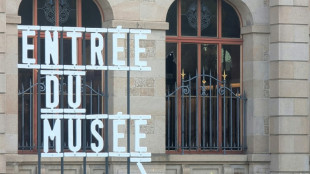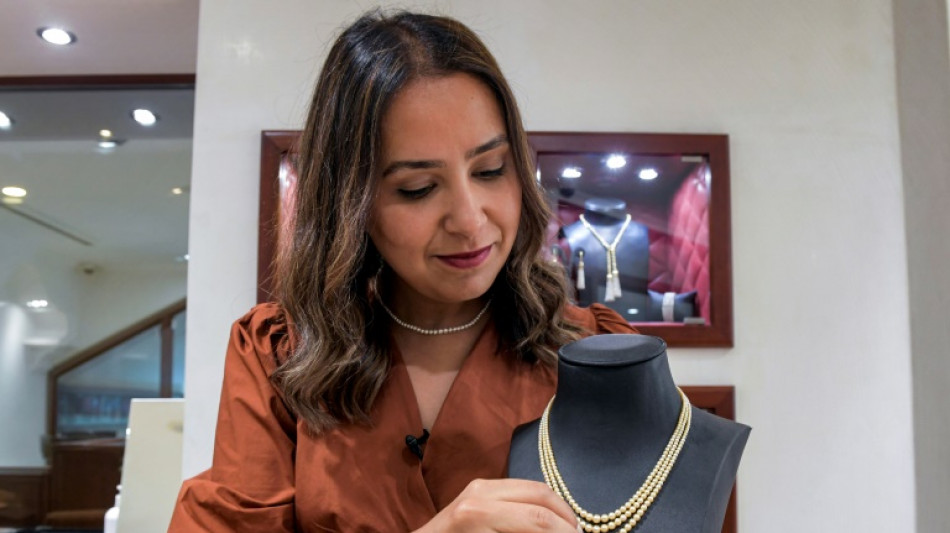
-
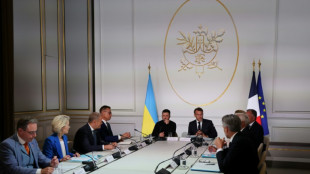 Coalition of willing commits to Ukraine force if peace agreed
Coalition of willing commits to Ukraine force if peace agreed
-
Powerhouse Australia 'up for challenge' of defending Women's World Cup
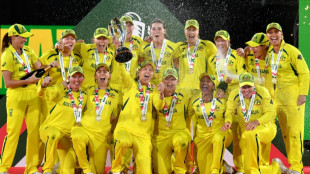
-
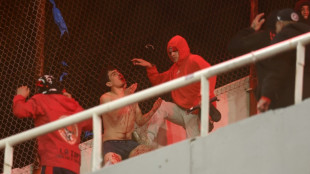 Argentina's Independiente disqualified from Copa Sudamericana over stadium brawl
Argentina's Independiente disqualified from Copa Sudamericana over stadium brawl
-
Luis Suarez apologizes after Leagues Cup spitting incident
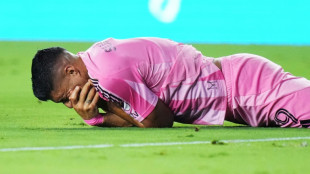
-
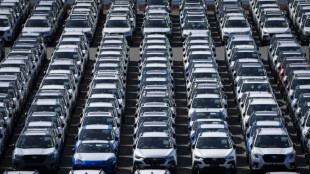 Trump signs order to lower US tariffs on Japan autos to 15%
Trump signs order to lower US tariffs on Japan autos to 15%
-
Germany lose opening World Cup qualifier as Spain cruise

-
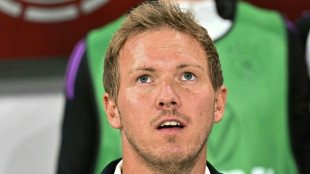 Nagelsmann slams 'lack of emotion' in Germany's loss to Slovakia
Nagelsmann slams 'lack of emotion' in Germany's loss to Slovakia
-
Germany fall 2-0 to Slovakia in World Cup qualifying opener
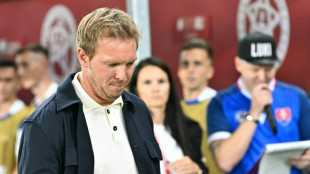
-
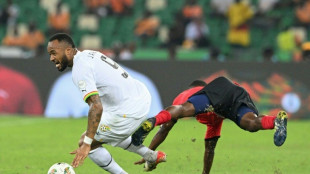 Cape Verde islanders win to stay on course for World Cup debut
Cape Verde islanders win to stay on course for World Cup debut
-
Breetzke stars as South Africa edge England by five runs for ODI series win
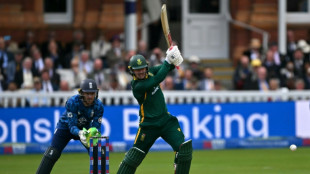
-
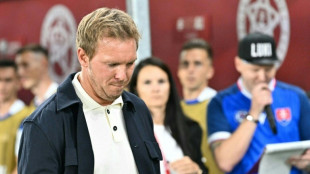 Germany fall 2-0 to Slovakia in 2026 World Cup qualifying opener
Germany fall 2-0 to Slovakia in 2026 World Cup qualifying opener
-
Flamengo's Henrique out for 12 games for alleged match-fixing

-
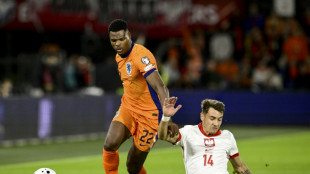 Cash on hand to clinch point for Poland against Netherlands
Cash on hand to clinch point for Poland against Netherlands
-
Spain thrash Bulgaria in opening 2026 World Cup qualifier

-
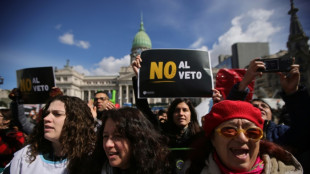 Argentine Congress overturns Milei veto on disability funds
Argentine Congress overturns Milei veto on disability funds
-
Japanese star Oda chasing career Slam at US Open
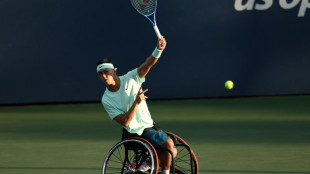
-
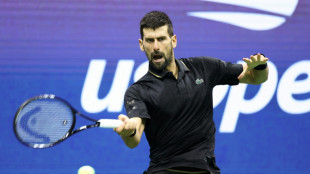 Djokovic aims to 'mess up' Sinner-Alcaraz plans at US Open
Djokovic aims to 'mess up' Sinner-Alcaraz plans at US Open
-
Trump's Fed pick plans to keep White House job while at central bank
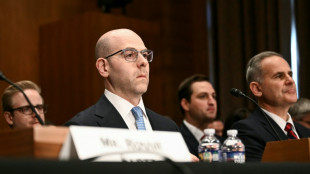
-
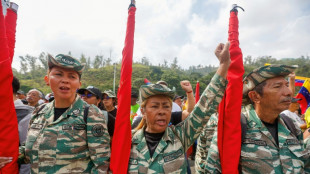 In face of US 'threat,' how does Venezuela's military stack up?
In face of US 'threat,' how does Venezuela's military stack up?
-
Israel military says controls 40 percent of Gaza City
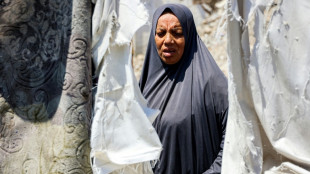
-
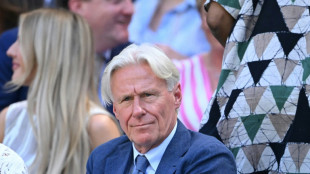 Tennis icon Borg battling cancer says publicity for autobiography
Tennis icon Borg battling cancer says publicity for autobiography
-
Argentina charges Nazi's daughter for concealing decades-old art theft
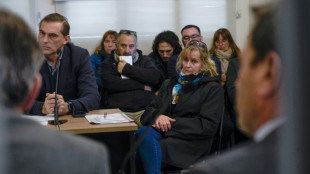
-
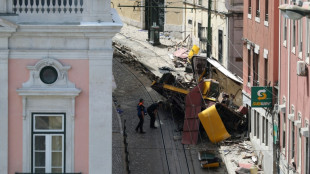 Portugal releases first details of 16 killed in funicular crash
Portugal releases first details of 16 killed in funicular crash
-
US sues power company over deadly Los Angeles wildfire
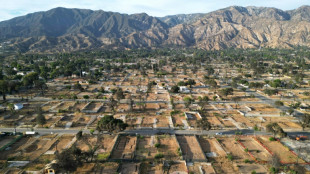
-
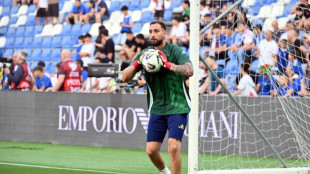 After change of club and Italy coach, fresh beginnings for Donnarumma
After change of club and Italy coach, fresh beginnings for Donnarumma
-
Levy makes shock decision to quit as Spurs chairman

-
 UK court convicts asylum seeker of sexual assault
UK court convicts asylum seeker of sexual assault
-
Fashion, cinema stars hail 'love affair' with Armani
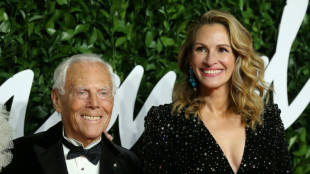
-
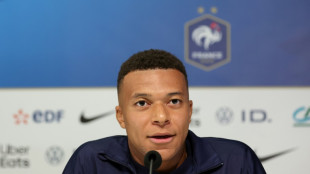 France star Mbappe calls for players to get more time off
France star Mbappe calls for players to get more time off
-
Trump's Fed governor pick vows to uphold central bank independence
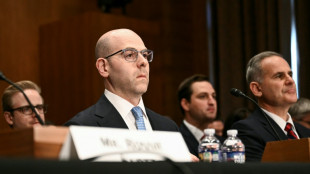
-
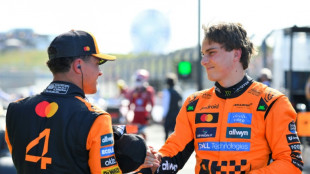 Norris brushes off Dutch setback before Italian GP battle with Piastri
Norris brushes off Dutch setback before Italian GP battle with Piastri
-
In-form Breetzke stars as South Africa post 330-8 against England
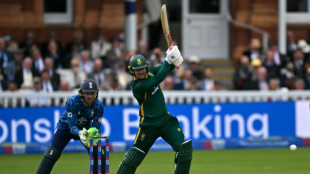
-
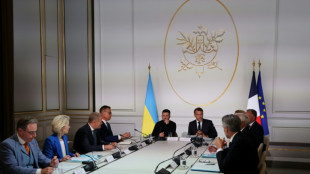 France says 26 countries commit to Ukraine deployment if peace agreed
France says 26 countries commit to Ukraine deployment if peace agreed
-
White House quietly drops WTO, ILO from foreign aid cut list
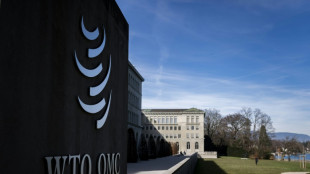
-
 Wales edge Kazakhstan to boost World Cup hopes
Wales edge Kazakhstan to boost World Cup hopes
-
Ayuso sprints to Vuelta stage 12 victory as tensions ease

-
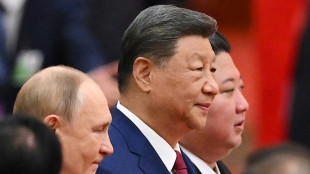 Could humans become immortal, as Putin was heard telling Xi?
Could humans become immortal, as Putin was heard telling Xi?
-
Xi tells Kim North Korea's importance to China 'will not change'
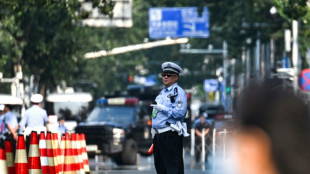
-
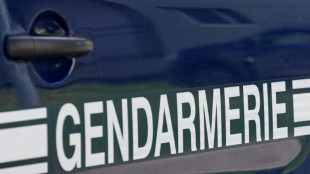 France detains seven over new cryptocurrency kidnapping
France detains seven over new cryptocurrency kidnapping
-
Europe pledges postwar 'reassurance force' for Ukraine: Macron
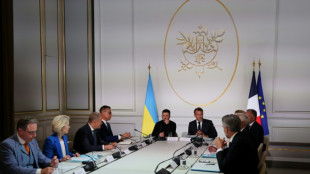
-
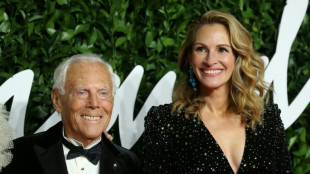 Hollywood hails Armani, designer to the stars
Hollywood hails Armani, designer to the stars
-
RFK Jr defends health agency shake up, Democrats call for his ouster
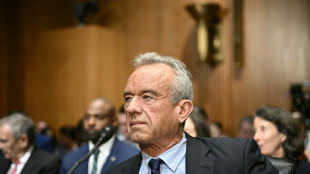
-
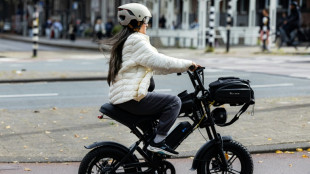 Bike-loving Dutch weigh ban on fat bikes from cycle lanes
Bike-loving Dutch weigh ban on fat bikes from cycle lanes
-
With restraint, Armani stitched billion-dollar fashion empire
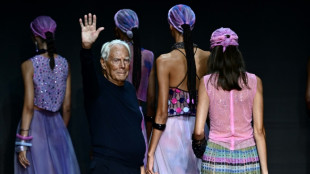
-
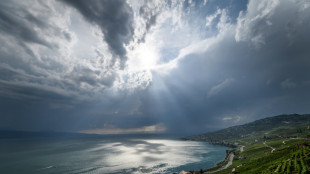 France, Switzerland agree on Rhone, Lake Geneva water management
France, Switzerland agree on Rhone, Lake Geneva water management
-
US trade gap widest in 4 months as imports surged ahead of tariffs
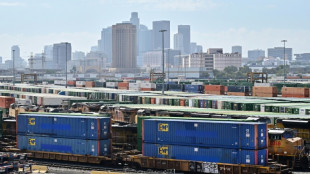
-
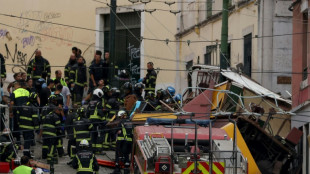 Portugal mourns 16 killed in Lisbon funicular crash
Portugal mourns 16 killed in Lisbon funicular crash
-
Alarm in Germany as 'dangerous' Maddie suspect set to walk
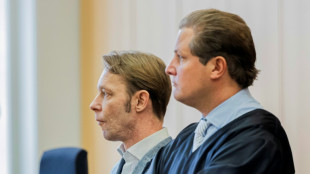
-
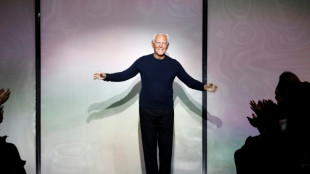 Italian fashion icon Giorgio Armani dead at 91
Italian fashion icon Giorgio Armani dead at 91
-
Pro-Palestinian protests rock Spain's Vuelta cycling race
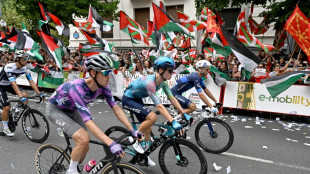

A real gem: in Bahrain, only natural pearls will do
Customers at a Bahrain jewellery store study displays of pearls that are, unusually, 100 percent natural -- the result of attempts to preserve a centuries-old industry.
While rare elsewhere, natural pearls prised from seabed oysters by divers are the only variety produced in the Gulf kingdom, which is fiercely proud of its pearling tradition.
Bahrain, a tiny island state neighbouring Qatar, is the sole country worldwide to have banned the cultivation of artificial pearls, which have flooded the market since the 1920s.
"We can't mass-produce," said Faten Mattar, who works at the family-run jewellery shop.
It can take up to five years to complete one strand of a necklace by sourcing pearls directly from divers, she said, admitting it is "a challenge".
And larger pieces, which can go for up to $25,000, might take more than a decade to complete.
But with no two natural pearls identical, Mattar said that was part of the appeal.
"Each person... who owns or gets a piece of jewellery that contains natural pearls knows no one else has the same."
Mattar is one of the first women to work in a family business which was established more than two centuries ago, making it one of the oldest in Bahrain.
Pearls adorn bracelets, necklaces, cufflinks and other items in the small store.
"One of our goals... is to make pearls more attainable for everyone, so we created different lines instead of having just big pieces," she explained, mentioning designs for men and "daily jewellery for a younger crowd".
- Cultured 'shock' -
Like other Arab Gulf states, Bahrain's economy before the discovery of oil had relied on pearl harvesting.
Bahraini free-divers would spend months aboard traditional dhows, the wooden sailboats that have plied Gulf waters for centuries, to capture pearls prized by the region's royal families as well as European fashion houses.
But the natural pearl trade crashed after the Great Depression of the 1930s and the development in Japan of cultured pearls, artificially propagated in freshwater mussels, which are cheaper and easier to produce.
Muharraq, in Bahrain's north, is home to "the last remaining complete example of the cultural tradition of pearling", according to UNESCO, with a heritage site featuring oyster beds and a fortress where dhows used to set off.
Today, young gemologists at the Bahrain Institute for Pearls and Gemstones (DANAT) -- nestled among the capital Manama's skyscrapers -- scrutinise pearls using modern machinery or the naked eye.
One researcher passes a pearl through an X-ray machine under the watch of Fatima Almahmood, a graduate in physics and gemology.
The X-ray detects "growth lines" that distinguish natural pearls from cultured ones, she explained, pointing to an image of the scan projected onto a screen.
Created in 2017, DANAT appraises pearls at the request of merchants and individuals.
"You'd be surprised by how many clients come to DANAT that have inherited pieces and are then shocked to know... (they) contain cultured pearls," says Noora Jamsheer, who heads the research centre.
Apart from appraisal, DANAT also monitors conditions in the water where natural pearls are harvested.
Jamsheer said climate change is a cause for concern.
"We have a research team that is continuously going to the field, researching and collecting data -- the water temperature, water quality, salinity -- to determine and study the impact of these factors."
H.Seidel--BTB

